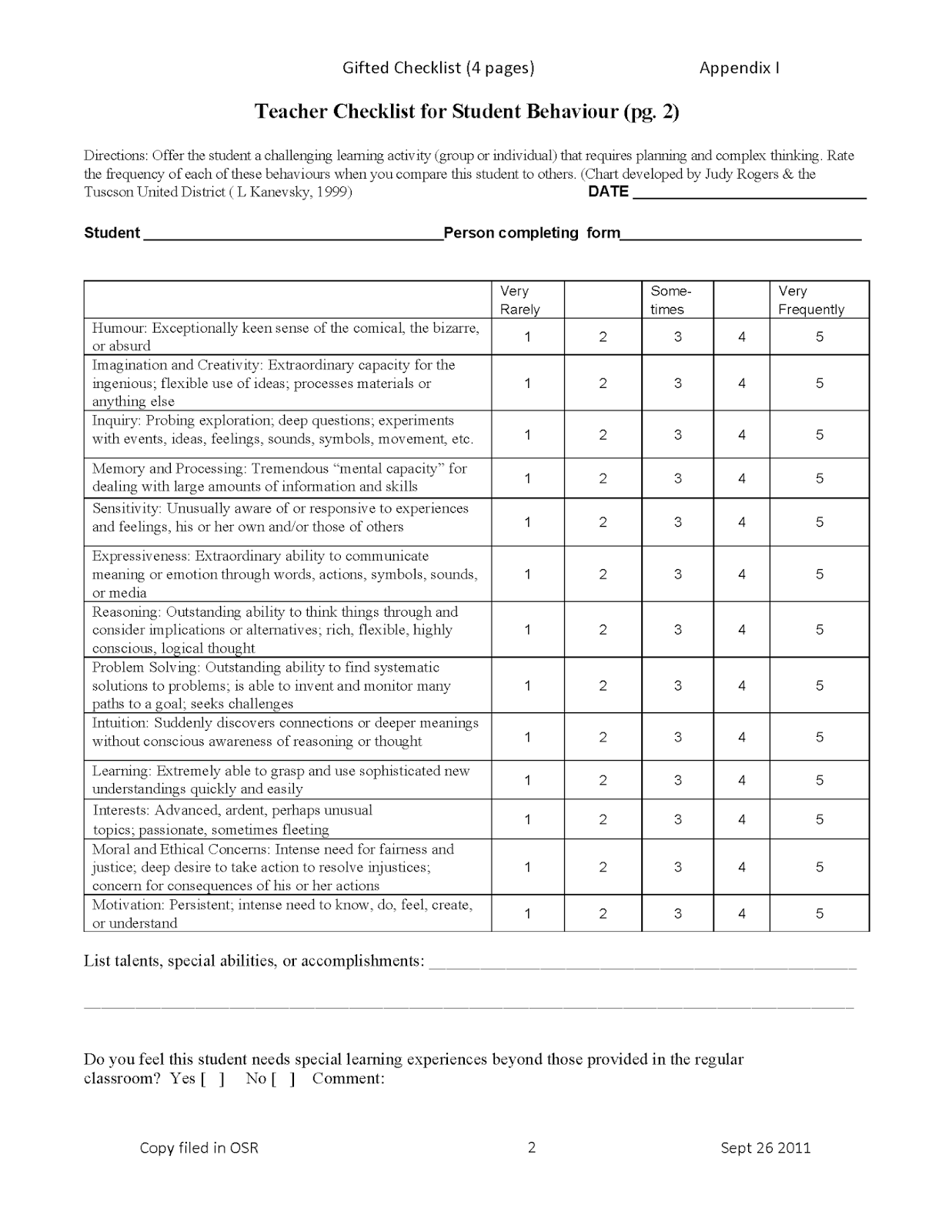
Research has shown that a child's self-esteem can suffer when they no longer feel they have an academic advantage over their peers they compare themselves to their gifted peers and might feel they do not measure up. If a gifted program separates out the gifted students from the non-identified kids, then a gifted child may find themselves a small fish in a big pond. This is the other side of the Big Fish Little Pond Theory. The Disadvantages of Gifted Education Negative Self-Concept In fact, students whose education was accelerated above their age level have been found to have improved social skills compared to peers that were not accelerated. As a result, they feel more comfortable socializing and may find it easier to make friends. In a gifted program, students find peers with similar intellectual pursuits and may fit in better than in a general education classroom. Being seen as different may lead to difficulties socializing and a feeling that they don't belong. Gifted children often have different interests than non-identified peers.

Furthermore, there are numerous different variables that affect future success. Critics correctly remark, however, that there are many more highly successful people that were not identified as gifted. Several longitudinal studies have exhibited that children who are identified as gifted during grades K-12 go on to higher levels of graduate education, including a significantly higher percentage of doctoral degrees. There appears to be a link between students who obtain gifted education services and post-graduate academic success. In a meta-analysis of research over the past century, it was found that particular types of gifted programs-namely acceleration and ability grouping- had significant positive effects on academic achievement. Student AchievementĪlthough this is a controversial subject (mainly because there is research to support both sides of the argument), there is evidence to suggest that students in gifted programs exhibit higher levels of achievement than their peers. There are many non-identified students who are able to learn at elevated levels and a higher level of instruction pushes them to thrive, just as it challenges the gifted students in the classroom. Not only is this beneficial for teachers who choose to instruct gifted students, but it also benefits non-gifted children in heterogeneous classrooms. Teachers are forced to raise their level of instruction when educating gifted students. Additionally, research has shown that creative interests first explored in gifted programs often remain intact into adulthood. By increasing the difficulty of the work, and focusing more on particular interests, students stay engaged in their education. Because kids are not challenged, they lose interest in their academic pursuits. Academic EngagementĪnother frequent criticism of general education is that it is boring. Kids are more likely to reach their potential when challenged academically. In many gifted programs, students are placed with other gifted children who help push them to reach their academic capabilities. Children are given work commensurate with their academic level and can progress at their own pace. Being in a gifted education program largely alleviates that concern.

One of the complaints you often hear from gifted children is that the work is too easy and they don't feel they are being challenged academically. The literature refers to this as the Big Fish, Little Pond Effect. The effect is especially amplified when placed in a classroom along with non-identified students gifted students tend to achieve academically at a higher level and, therefore, feel better when compared to non-identified peers. Knowing that you are one of the "smart" kids can't help but make you feel good about yourself. The Advantages of Gifted Education Positive Self-Conceptīeing labeled as gifted certainly is a boost to one's self-esteem. The following will consider more general aspects of gifted education. Many of the pros and cons of gifted programs are dependent on what type of program is offered by the school. In a previous article, I discussed the different types of gifted programs that are offered in the majority of schools teaching K-12 education.

#Eliminate school gifted and talented programs professional
Not every gifted child is happy, healthy and guaranteed future professional triumph. Although there are distinct benefits of gifted education, there are also some potentially serious problems. It makes parents feel good to know that their child is considered "gifted" and most people believe that being gifted places kids on a path toward success. Let's be honest, the majority of parents want their children to participate in a school gifted education program. Pros and Cons of Gifted Learning Programs in Schools by Becton Loveless


 0 kommentar(er)
0 kommentar(er)
